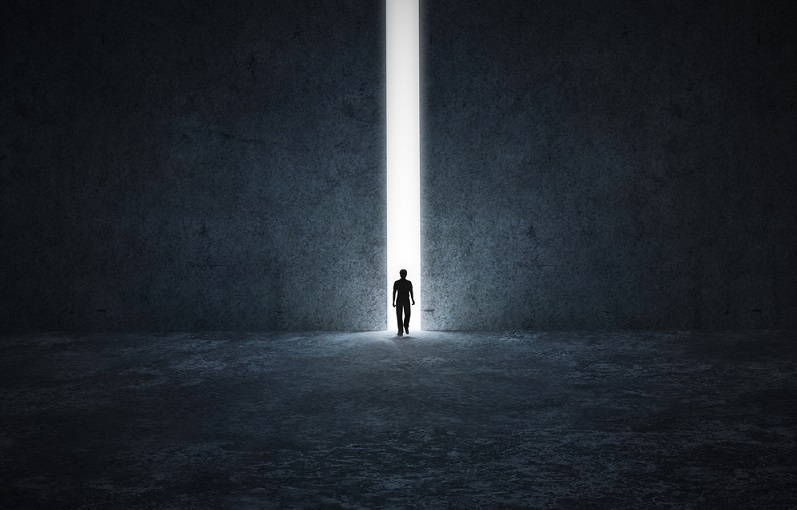Is There Life After Death? Watch Scientists Debate Tonight Online

Is there life after death? This age-old question will be debated again tonight by a group of doctors and scientists, who will offer their take on the mystery of human consciousness, the meaning of near-death experiences and the possibility of life after death.
The debate, hosted by the NPR show "Intelligence Squared," takes place tonight (May 7) at 6:45 p.m. EDT, at the Kaufman Center in New York. The debate will be moderated by ABC News correspondent John Donvan, and you can watch the death-debate webcast on Live Science.
The panel of four scientists will debate the possibility of a human soul that defies the laws of the natural world and survives physical death. Modern science maintains that human consciousness emerges from the workings of intricate networks of brain cells, and disappears after the physical body dies and the brain cells shut off. [The 10 Greatest Mysteries of the Mind]
However, many people say science can't explain things like psychic phenomena, out-of-body experiences and visions of the afterlife that some people report having had during a near-death experience. These experiences are signs that there may exist a realm beyond the physical world, afterlife believers say.
Is there life after death?
On the opposing side will be Sean Carroll, a physicist and author, and Dr. Steven Novella, a clinical neurologist at Yale University School of Medicine and the founder and current executive editor of the Science-Based Medicine blog, as well as the president and co-founder of the New England Skeptical Society.
Can science ever provide a final answer to questions about human consciousness and mortality? Is death final, or is there an afterlife? Tell us what you think in comments. To find out more on the Intelligence Squared event visit their website at intelligencesquaredus.org.
Sign up for the Live Science daily newsletter now
Get the world’s most fascinating discoveries delivered straight to your inbox.
Email Bahar Gholipour. Follow us @LiveScience, Facebook & Google+. Original article on Live Science.










